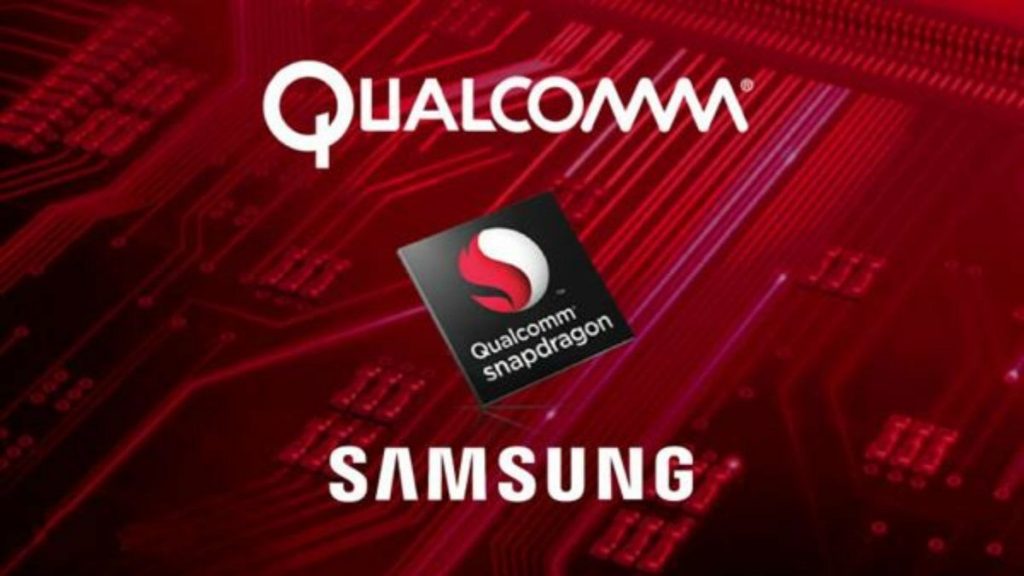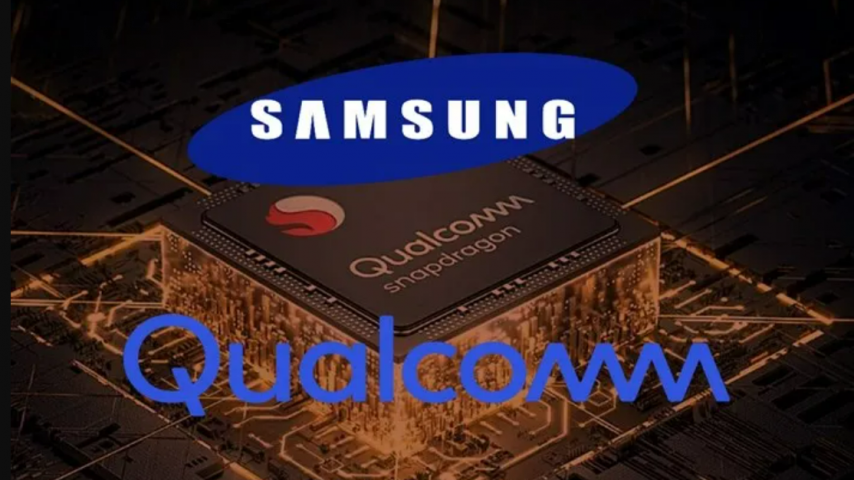Samsung is one of the largest companies in the world. While most of us are familiar with their popular consumer electronics products such as smartphones, the South Korean technology giant operates in many other areas. One of these areas is the production of processors. Samsung produces processors for various developers, including Qualcomm. Unfortunately, it appears that there are some issues in this area. Here are the details…
Samsung loses manufacturing contract for one more Qualcomm chip
Samsung has suffered another blow in its contract chip manufacturing business. Qualcomm has chosen to manufacture its latest processor, the Snapdragon 7+ Gen 1, using TSMC’s 4nm process instead of Samsung Foundry’s 4nm LPE process. This decision comes as no surprise as Samsung Foundry has been facing efficiency and yield issues in recent years.

TSMC’s 4nm process has proven to be more efficient, which means that the Snapdragon 7+ Gen 1 will be more power efficient than its predecessor. The processor is set to be unveiled at Qualcomm’s launch event on March 17, 2023, and is expected to bring faster performance and efficiency.
The chip features one Cortex-X2 CPU core clocked at 2.92GHz, three Cortex-A710 CPU cores clocked at 2.5GHz, and four Cortex-A510 CPU cores running at a maximum frequency of 1.8GHz. It also features the Adreno 725 GPU clocked at 580MHz. The chip is an underclocked version of the popular Snapdragon 8+ Gen 1 processor and is the first time a Cortex-X series CPU is used in a Snapdragon 7 series chip.

Leaked benchmarks reveal that the Snapdragon 7+ Gen 1 scores 1,232 points in Geekbench’s single-core CPU test and 4,095 points in the multi-core CPU test. This is almost as good as the MediaTek Dimensity 9000, which was close to the Snapdragon 8 Gen 1. The new chip is expected to make premium mid-range phones as fast as last year’s flagship phones.
While Samsung’s 4nm and 5nm nodes have faced issues, rumors suggest that its 3nm GAA is much better and could be superior to TSMC’s 3nm process. Some rumors also claim that the Snapdragon 8 Gen 3 will use Samsung Foundry’s 3nm GAA, but this claim should be taken with a grain of salt.
The loss of the manufacturing contract for the Snapdragon 7+ Gen 1 is a significant setback for Samsung’s contract chip manufacturing business. However, the company still has its 3nm GAA process, which could potentially attract future clients. Samsung will need to work on improving its processes and addressing the efficiency and yield issues it has faced to remain competitive in the contract chip manufacturing market.
RELATED:
- Lu Weibing Teases Upcoming Qualcomm SM7475 Chipset
- Qualcomm Integrates iSIM Functionality into Snapdragon 8 Gen 2
- Qualcomm’s Snapdragon 8 Gen 3 Could Outperform Apple’s A17 Bionic
- OneOdio Focus A10 Review: Budget-Friendly Wireless Headphones with ANC
- Best 4K Monitors for Content Consumption 2023
(via)






